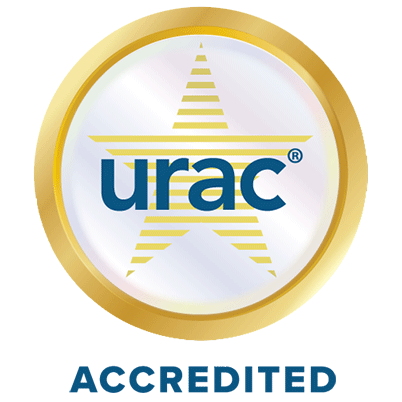News and Updates
Category: legal update
2023 Q3 Legal Update
Clarity on PWFA In August, the EEOC finally released the proposed regulations for the Pregnant Workers’ Fairness Act (PWFA). Until this point, it wasn’t entirely clear what expectations were for employers. It was signed into law in December 2022, and became effective June 27, 2023 – even though the proposed regulations hadn’t been issued. Now that regulations (and examples) have been published and opened for comment (which remains open until October 11), things are much clearer. This doesn’t replace any current protections already in place for pregnant or post-partum mothers, so the PUMP and the Pregnancy Discrimination Acts are still in full force. PWFA closes some loopholes that ADA left open and essentially treats pregnancy itself like a disability, offering similar protections to ADA. This means employers with 15 or more employees will be expected to make reasonable accommodations to known limitations associated with pregnancy, childbirth, or related medical conditions. These regulations won’t require employers to seek supporting documentation as they would in an FMLA or disability claim – but employers may require documentation “only if reasonable under the circumstances.” Luckily, EEOC provides some examples of when it’s not reasonable to ask for supporting documentation – like carrying and drinking water as needed, additional restroom breaks (and breaks in general), sitting/standing modifications,


